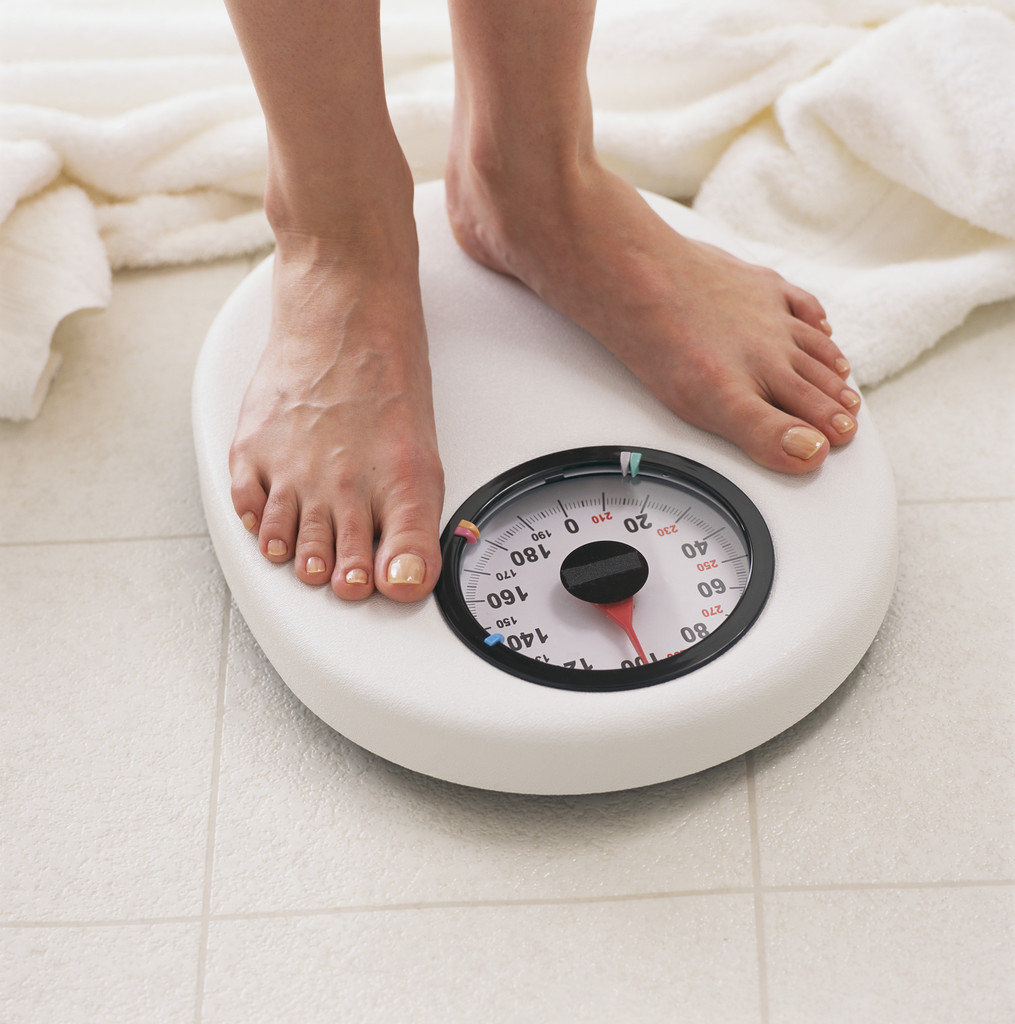Reaching and maintaining a healthy weight is crucial for the overall health. Being overweight or underweight can lead to a number of health problems. You can avoid to be overweight or underweight only when you know the ideal weight for men by height and age. The older you get, the more important it is to maintain a healthy weight to avoid debilitating illnesses and old age diseases. Once you have determined the ideal weight for your height and age, arrange your workout regimen to reach and maintain that weight. However, determining your ideal body weight is not as simple as it may seem.
Basics
Height and weight tables have traditionally been used to determine whether you are overweight, underweight or have the ideal weight, but now Body Mass Index is the standard for determining ideal weight, using the height and age of a person. The taller a person is, the heavier he can be without negatively affecting the Body Mass Index for that age. The BMI chart for men has four levels, underweight, healthy weight, overweight and obese. Even being slightly overweight or underweight can negatively affect your health.
The Effects of Age
Age does not significantly affect the ideal weight for men, however, some nutritionists suggest separate charts for boys and children, keeping in mind their age. Very young boys should have a higher body mass index as compared to preschool aged children. Research has shown that the weight and height of a child increases until he reaches the age of 20, after this age the recommended BMI remains constant for all men.
Boundaries
There are four ratings of Body Mass Index (BMI) – underweight, healthy, overweight and obese. The upper and lower limits for every level are constant, irrespective of the height and weight. BMIs below 18.5 are deemed to be underweight, between 19 and 24 are healthy, from 25 to 29 are considered overweight and BMIs measuring 30 and above are categorized as obese. According to the Department of Health and Human Services, a healthy weight is between 91 pounds and 192 pounds, a weight between 119 and 232 pounds is deemed to be overweight, while obesity begins from 143 pounds.
Finding Your BMI
There are a number of online BMI calculators that you can use to calculate your body mass index and determine whether you are underweight, healthy or overweight. You can also calculate BMI manually by multiplying your weight in pounds with 703 and dividing the result by the square of your height in inches.





No Comment